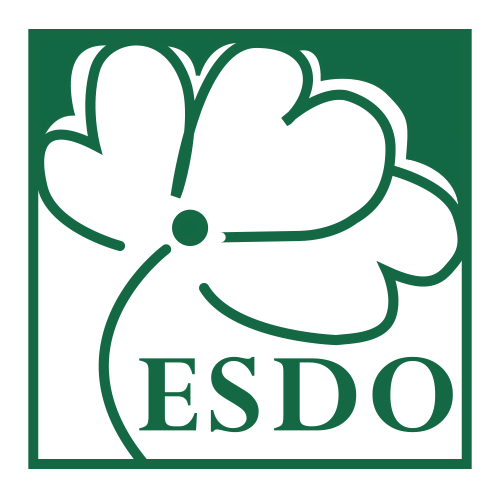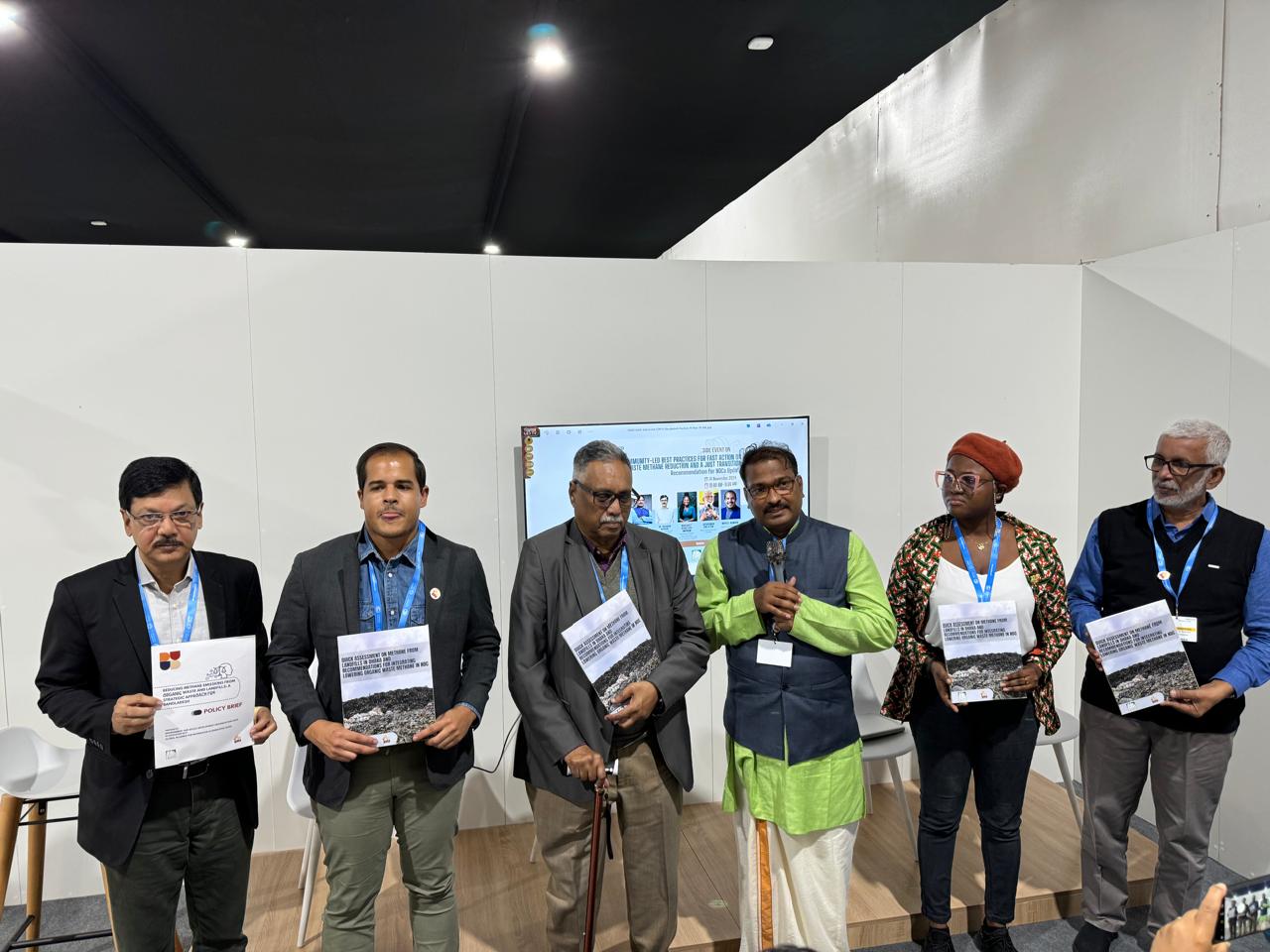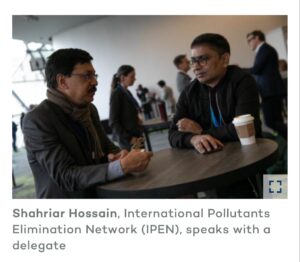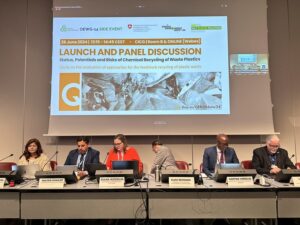The Environment and Social Development Organization (ESDO) was a key player at COP29 with a focus on community-led approaches to methane mitigation and a fair transition. ESDO promotes a fair and sustainable future by highlighting effective tactics from various geographical areas and pushing for legislative improvements.
The Environment and Social Development Organization (ESDO) and the Global Alliance for Incinerator Alternatives (GAIA) Asia Pacific organized a significant COP29 side event, “Community-Led Best Practices for Fast Action on Waste Methane Reduction and a Just Transition: Recommendations for NDCs Update” on November 14, 2024. The event, held in Baku, Azerbaijan, brought together a diverse group of stakeholders in the Bangladesh Pavilion, to discuss strategies to reduce waste emissions of methane and ensure a fair transition in the waste management sector.
The event’s goal was to encourage people to take charge of reducing methane emissions by exchanging ideas from countries including Bangladesh, Ghana, India, and the US. The workshop also sought to provide strategic recommendations for updating Bangladesh’s Nationally Determined Contributions (NDCs) to include effective, locally based waste methane reduction techniques.
Dr. Shahriar Hossain, Secretary-General of ESDO, introduced a policy brief on methane reduction. Dr. Hossain emphasized that community-based, decentralized methods, such biogas production and community composting, organic food production in Rangpur, Bangladesh, with a focus on composting and waste reduction strategies to tackle methane emissions. Which are sustainable substitutes for garbage incineration, & fundamental to minimizing methane \emissions. He emphasized that “to achieve meaningful progress, we must prioritize community empowerment, environmental justice, and localized solutions in our NDCs”, focusing on the necessity of promoting these principles into climate policy.
The policy brief and Dr. Hossain’s thoughts on Bangladesh’s methane emissions set the stage for the subsequent talks and showed how the country is tackling this important problem in line with the global climate agenda.
The panel discussion included professionals from Bangladesh, Ghana, India, and the United States, who shared community-led strategies for methane reduction. Panelists included: Margaret Bondziedu Impraim from the Green Africa Youth Organization (GAYO), Ghana. Jayakumar C. from India’s Thanal, Marcel Howard from GAIA US & Canada. Each panelist provided innovative waste management approaches that incorporate zero-waste solutions, agroecology, and local food systems. The panel emphasized the value of empowering underserved groups in the garbage industry and highlighted how grassroots initiatives may have a big positive impact on the environment and society.
By emphasizing community-led approaches to methane reduction and a fair transition, ESDO played a crucial part at COP29. The side event inspired international action by showcasing effective techniques from the US, Bangladesh, Ghana, and India. The publication of important materials such as the Cities Methane Pledge, GAIA’s NDCs Checklist, and ESDO’s policy brief for Bangladesh’s NDC update were among the main results. The occasion also underlined how crucial it is to prioritize environmental justice by incorporating methane reduction into NDCs. ESDO reaffirms its dedication to environmental justice, sustainable waste management, and a fair transition for everyone by showcasing the efficacy of community-led alternatives.



